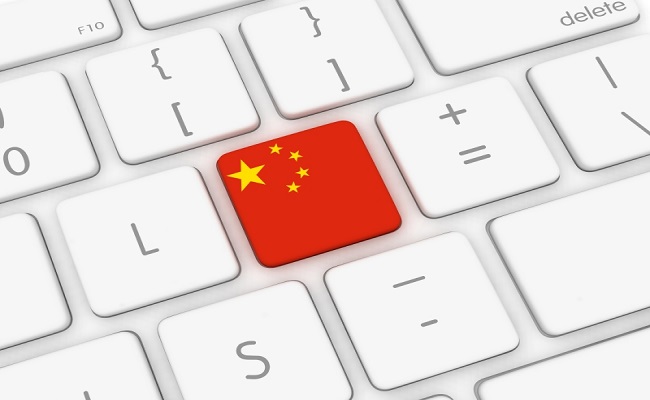This week, trading on the Shanghai Stock Exchange exceeded RMB 1 trillion causing a major software glitch; China’s factory activity slowed (again); and Visa and MasterCard finally got a level playing field.
China Factory Activity Slows in April
The April flash HSBC/Markit Purchasing Managers’ Index (PMI) for China came in at 49.2, even lower than March’s final reading of 49.6. The dip is not very surprising given that previously released readings of key economic indicators have painted a gloomy picture—the backdrop of the People’s Bank of China (PBOC)’s 100 basis points required reserve ratio (RRR) cut the past weekend.
Software Glitch Shows How Hot the Stock Market is
Despite slowing growth, the A-share market in Shanghai keeps shooting up. By the end of Thursday the Shanghai Composite Index reached 4414.51, another peak since 2007. An interesting episode that happened on Monday may give you a hint about how heated the trading was: the stock exchange’s software failed to report in real-time the turnover volume, which exceeded RMB 1 trillion (about $161 billion), the maximum count permissible under the software’s default configurations.
IPO Reform Moves Forward
China’s top legislature is now reviewing a draft amendment to the country’s securities law, which proposes to replace the IPO approval system with a registration-based one. Currently firms can’t go public in China without getting the green light from the market regulator. The updated law will lower the threshold for firms to list and shorten the time they need to process their IPOs. However, some analysts argue that since the stock exchanges themselves are still subject to strict control by the government, the market won’t be the only force that determines whether firms can make public share offerings.
Capital Flow Control May Ease
Some fund managers and brokers are expecting that Beijing will loosen its control on cross-border capital flows by modifying the rules of the QFII program—qualified foreign institutional investors. Initially foreign funds could withdraw as much as 20% of capital from China once a month; the time limit was eased in 2012 to once a week, and now PBOC is considering to make withdraws available every day. Analysts say that the move will bring the scheme in pace with other programs like the RMB QFII and the Hong Kong-Shanghai Stock Connect, under which capital can follow outside China on a daily basis.
Spring for Visa and MasterCard
China’s State Council this week formally announced to open up China’s bankcard clearance business. Starting from June 1st, companies, including foreign players like Visa and MasterCard, can apply for licenses to operate in China to compete head to head with UnionPay, the quasi state-owned firm that currently dominates the market. More than 4.9 billion bank cards had been issued by the end of 2014, more than 90% of which are debit cards, according to PBOC.
Fosun Brings More Circus Acts to China?
Known for its aggressive investments overseas, Chinese conglomerate Fosun International has teamed up with private equity firm TPG in an acquisition of Canadian circus company Cirque du Soleil, one of the largest and most innovative in the industry. The two together bought a majority stake while other Canadian investors also chipped in. Cirque du Soleil has performed several times in Beijing and Shanghai since 2007, but the circus is still a novelty in Chinese culture, where many only associate it with animal performances.
Fast and Furious 7 Races to the Top in China
In less than three weeks, the blockbuster had gathered more than RMB 1.7 billion (about $280 million) from Chinese moviegoers, making it the second best-selling movie in history. And it’ll only be a matter of time before it surpasses the champion—Transformers 4, whose box office was nearly RMB 2 billion.
Besides a boom in the number of screens in the Chinese market, state-owned China Film Group also had a hand in the movie’s success—since it reportedly invested 10% in the production, it’s in the company’s interest to schedule the movie at a more favorable time and on more screens across the country. China Film Group is one of the two companies in China that are authorized to import and then schedule foreign movies in the country; it will also get an 18% cut of the movie’s domestic box office.




















